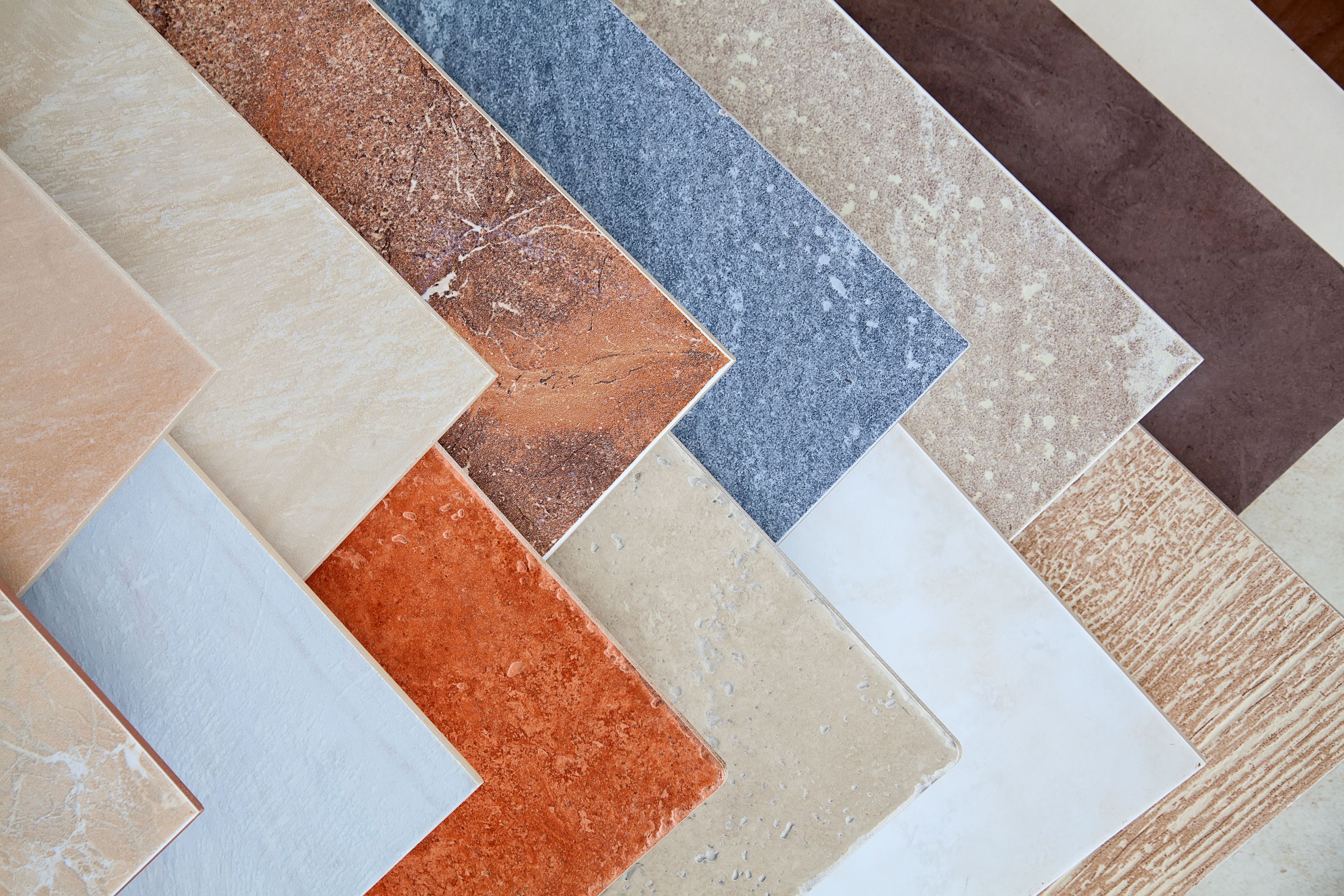Polytetrafluoroethylene or PFTE, more commonly known by its commercial name of Teflon, was first discovered by scientists at DuPont in 1938. In common use, Teflon is known for its “non-stick” surface, and it is found on pots and pans around the world.
Initially, the discovery of Teflon was a complete accident. A chemist by the name of Roy Plunkett was trying to determine why the weight had increased on a cylinder that was reading on the gauges to be empty. When he cut it open, he discovered a slippery film on the inside that was a polymerized form of the tetrafluoroethylene originally in the cylinder.
Today, in addition to household items, Teflon is used in all types of applications. In the food and beverage industries, pharmaceutical processing, biotech, laboratories and even in chemical manufacturing it is used to coat the interior of processing systems. You will find PTFE valves, tubes, pipes, and fittings used in all of these industries.
The Benefits
There are several very good reasons to choose PTFE valves for these types of applications. To provide a brief overview of why this is a good choice in these types of processes, consider the following advantages of the material:
High chemical resistance – adding surfacing of components in the valve that come in contact with the solution in the system ensures that even the harshest and most corrosive chemicals will not degrade the valve components, even with extended, continuous flow through the valve.
Low friction – a very important benefit of PTFE valves is the low friction levels possible with the use of the Teflon coating. This allows valve components to operate easily in the valve housing and also reduces wear and tear on the moving parts.
Temperature range – PFTE can tolerate a very wide temperature range from lows of -240 to up to 260 degrees Celsius. This allows for the use of these valves in virtually all processing systems without concerns about the durability of the components.
Choosing Teflon valves is a good option for any number of industries and applications. These are durable, reliable and efficient valves with a long-life cycle and limited need for maintenance.


